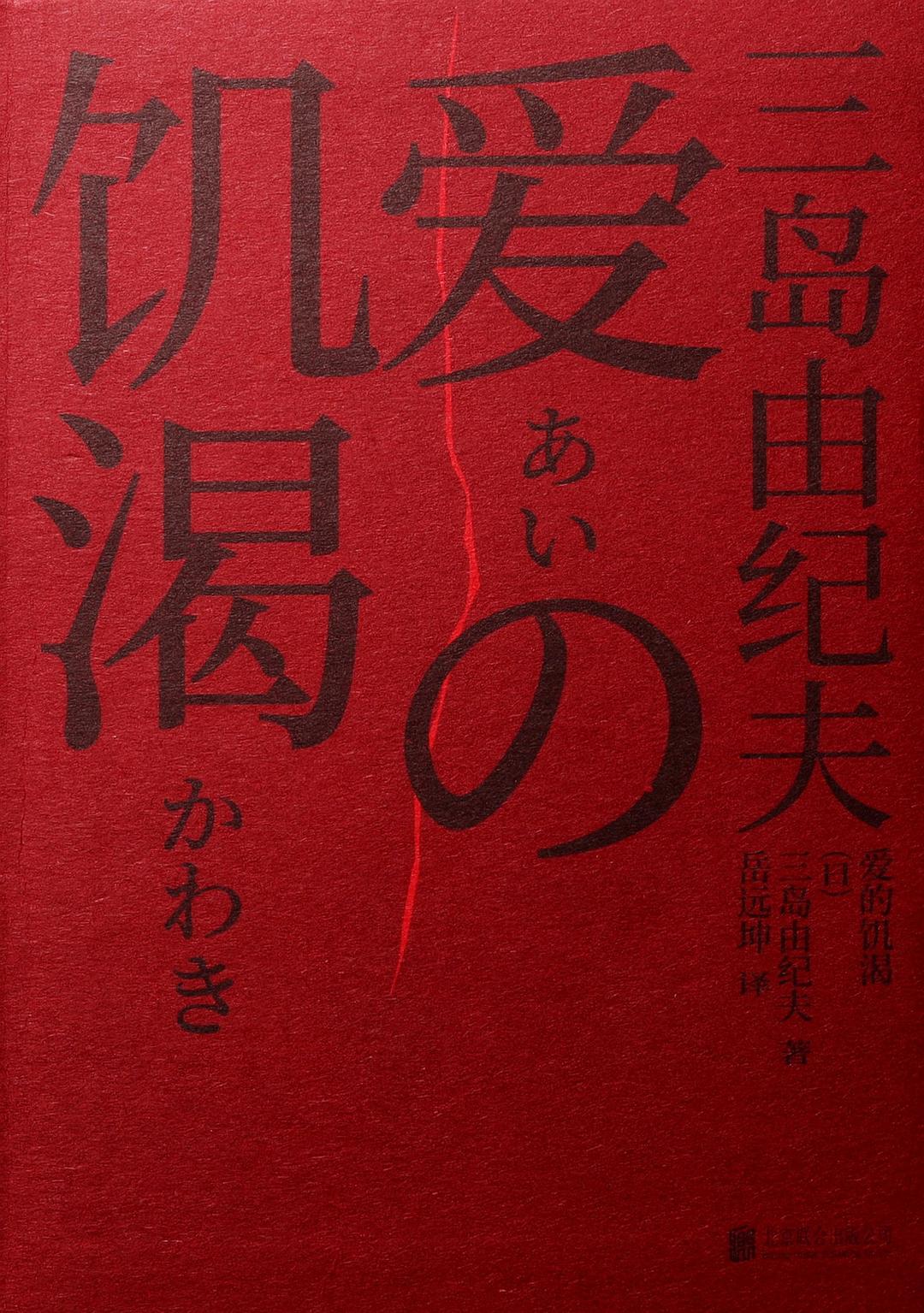WULOLIFE
《爱的饥渴》 作者: [日] 三岛由纪夫 译者: 岳远坤 出版社: 北京联合出版公司
《爱的饥渴》 作者: [日] 三岛由纪夫 译者: 岳远坤 出版社: 北京联合出版公司
Couldn't load pickup availability
Description
内容简介 · · · · · ·
“他为了文学生,为了文学死。”
日本文学巨匠三岛由纪夫逝世五十周年纪念
著名日本文学翻译家岳远坤倾情献译
“恋爱啊,不过是一个记号爱上另一个记号。”
三岛早期作品的代表
被誉为其作品中最严谨的一部
【内容简介】
以至于半疯的女人。她年轻即守寡,原本坚守贞节,却受其公公诱惑,两人间开始有了微妙的肉体接触。后来她爱上园丁三郎,被其年轻肉体吸引,在诸多欲望与爱的纠缠中,最终她在一个夜晚用铁锹砸死了三郎,了结了自己爱的对象。
《爱的饥渴》是三岛由纪夫早期一部极重要的纯文学小说,也是三岛自己很满意的作品,其中充溢着各种精密的细节,对人物深层心理的描颇具艺术美。小说深受三岛个人欣赏的法国作家里亚克的影响,而三岛得其精髓。自《假面的告白》这部私小三岛将自己的内里投射于客体,他创造出角色并开始表达。可以说,三岛本人化身为悦子。“当所爱之人靠近自己时,他选择的却是竭力抵制。三岛的饥渴,就恍如悦子对爱的饥渴,根本无法用爱情本身来予以熄灭。要求他(和她。
作者简介 · · · · · ·
作者:三岛由纪夫(みしまゆきお 1925-1970)
本名平冈公威,日本战后文学的大师之一,小说家、戏剧家。三岛由纪夫被称为“日本传统文学的骄子”,亦有“日本的海明威”“当代日本的达•芬奇”之称,曾多次获诺贝尔文学奖提名,是著作被翻译成英文等外语版本最多的日本当代作家。为了纪念他,日本还设有三岛由纪夫文学馆,并于1988年创办了三岛由纪夫奖。三岛的主要作品有《假面的告白》《潮骚》《爱的饥渴》 《金阁寺》《春雪》《奔马》《晓寺》《天人五衰》等。
译者:岳远坤
1981 ,近年主要译著有森鸥外《舞姬》、堀辰雄《起风了》、佐藤春夫《田园的忧郁》、村上春树《没有女人的男人们》 (之《山鲁佐德》)、东野圭吾《新参者》等。
